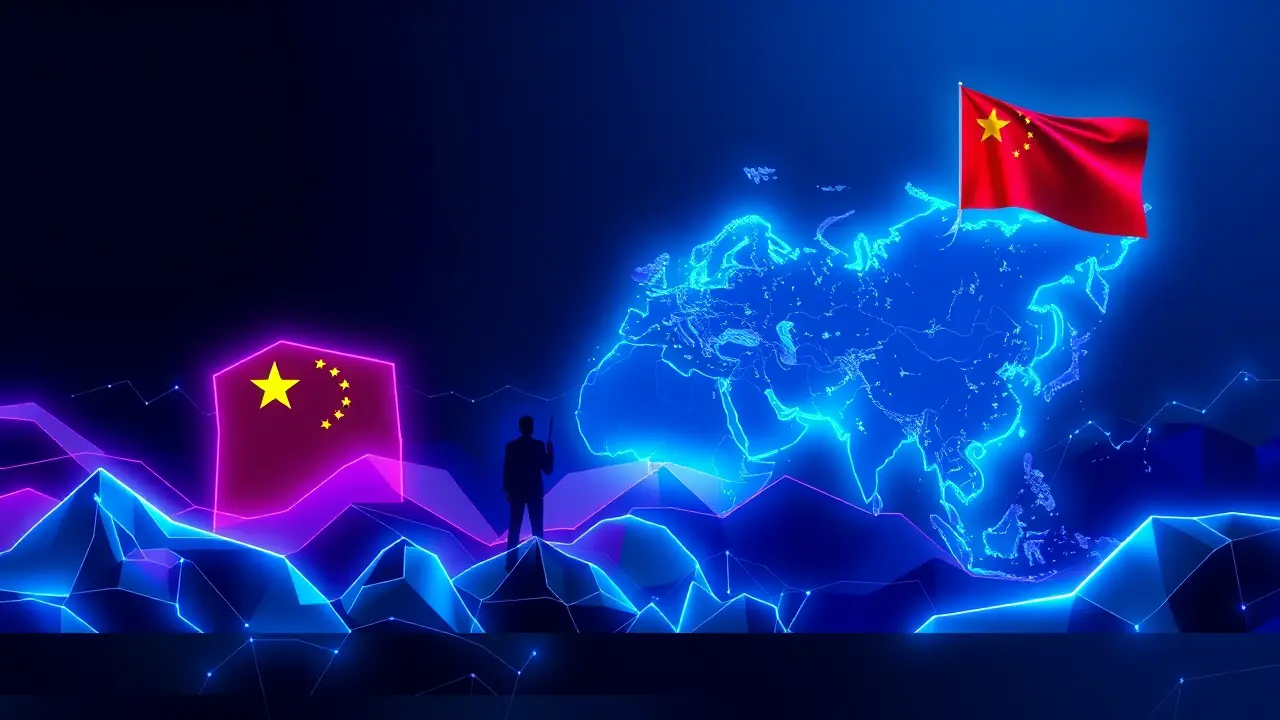
PoliticsdiplomacyBilateral Relations
Iran Urges Stronger China Ties for Asian Global Influence
RO
Robert Hayes
1 day ago7 min read
In a significant diplomatic overture that underscores the shifting tectonics of global power, Iran's envoy to Beijing, Abdolreza Rahmani Fazli, has articulated a vision for a strengthened Sino-Iranian partnership, framing it as a 'wise and balanced' counterweight to unilateralism and a vehicle for amplifying Asia's voice in international affairs. Speaking to an assembly of students and researchers, Fazli positioned the bilateral relationship not merely as a transactional alliance but as a decisive force for regional peace, one that has already transcended its bilateral confines to influence the broader architecture of global governance.This call for deeper cooperation arrives at a pivotal historical juncture, reminiscent of the great power realignments of the 20th century, where nations sought partners to balance against dominant hegemons. The strategic partnership between Tehran and Beijing, formalized in a comprehensive 25-year agreement, represents a formidable challenge to the US-led world order, weaving together Iran's strategic geographic and energy resources with China's immense economic and technological prowess.Analysts observing the long game note parallels to the Cold War's non-aligned movement, though today's alignment is far more explicit and economically integrated. China, pursuing its Belt and Road Initiative, finds in Iran a crucial corridor linking East to West, while Iran, beleaguered by stringent Western sanctions, secures a vital economic lifeline and a powerful political patron on the UN Security Council.The envoy's rhetoric, laden with the language of anti-hegemony, directly echoes Beijing's own frequent critiques of American foreign policy, suggesting a coordinated diplomatic narrative aimed at rallying other non-Western nations. The potential consequences are profound; a solidified Beijing-Tehran axis could further destabilize an already volatile Middle East, complicating US naval strategy in the Strait of Hormuz and altering the calculus for ongoing nuclear negotiations.Furthermore, it accelerates the fragmentation of the global internet and financial systems, as both nations champion alternative platforms insulated from Western control. However, this partnership is not without its inherent tensions and contradictions.China walks a delicate tightrope, seeking to maintain its substantial energy imports from the Gulf Arab monarchies, many of whom view Iran with deep-seated suspicion. Internally, the Iranian populace has at times expressed resentment over the terms of the partnership, fearing a new form of economic dependency that echoes the imperial concessions of the past.From a historical perspective, the collaboration between these two ancient civilizations—one the Middle Kingdom and the other the heart of the Persian Empire—is a dramatic reversion to a pre-Western-centric world order. As Robert Hayes might conclude, drawing a parallel to Churchill's observation of another shifting alliance system, 'The price of greatness is responsibility,' and the world now watches to see whether this burgeoning Asian bloc will wield its growing influence to forge a more multipolar and stable world, or simply become another center of gravity in an increasingly fractured and contested international system.
#editorial picks news
#Iran
#China
#diplomacy
#bilateral relations
#global governance
#Asia
#unilateralism
#strategic partnership
Stay Informed. Act Smarter.
Get weekly highlights, major headlines, and expert insights — then put your knowledge to work in our live prediction markets.
Related News
© 2025 Outpoll Service LTD. All rights reserved.













